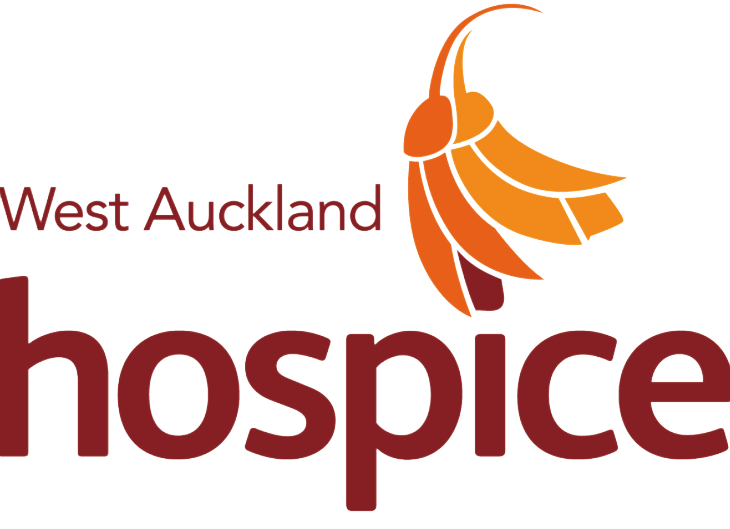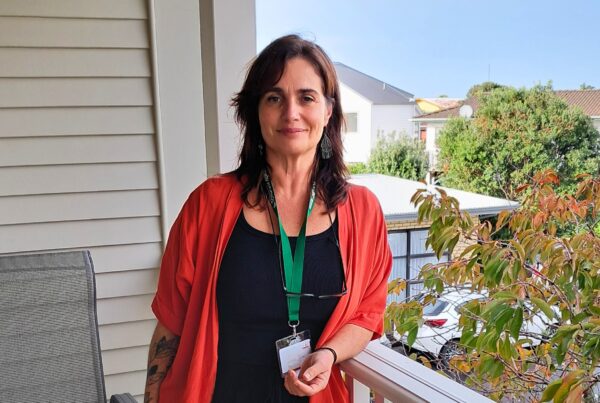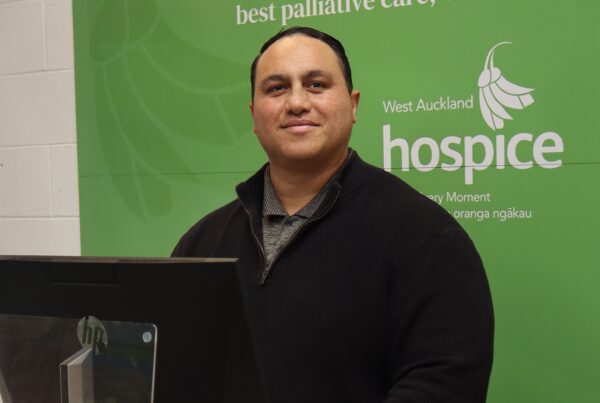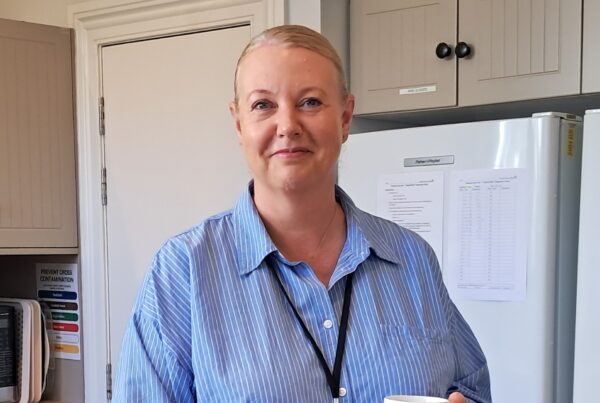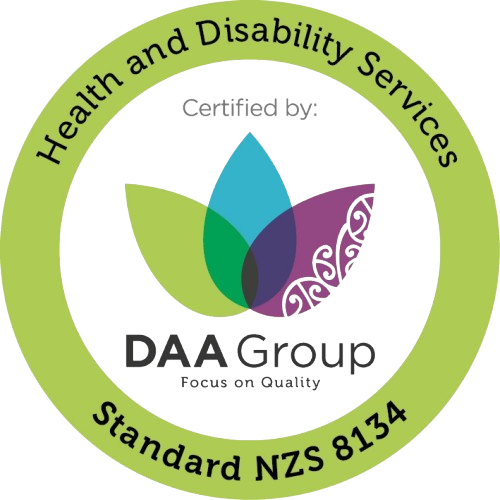Tracey is Hospice West Auckland’s Clinical Coordinator – essentially the first point of clinical contact for Hospice. “As Clinical Coordinator, I field all the calls,” she explains. “It’s a lot about symptom management, or a patient has had a bad night, or this has happened… Because I’m a nurse I first try to provide guidance and care over the phone. Secondly, I might refer the call to a colleague to follow up the patient, arrange a visit and so on.” Her role supports the Hospice nurses by helping over the phone as much as possible, as well as liaising with the doctors to request prescriptions, or organising visits from healthcare assistants. “If a patient’s primary nurse isn’t immediately available, I will always ask if I can help. It’s so important to the patient to address their concerns quickly, plus it assists my colleagues.”
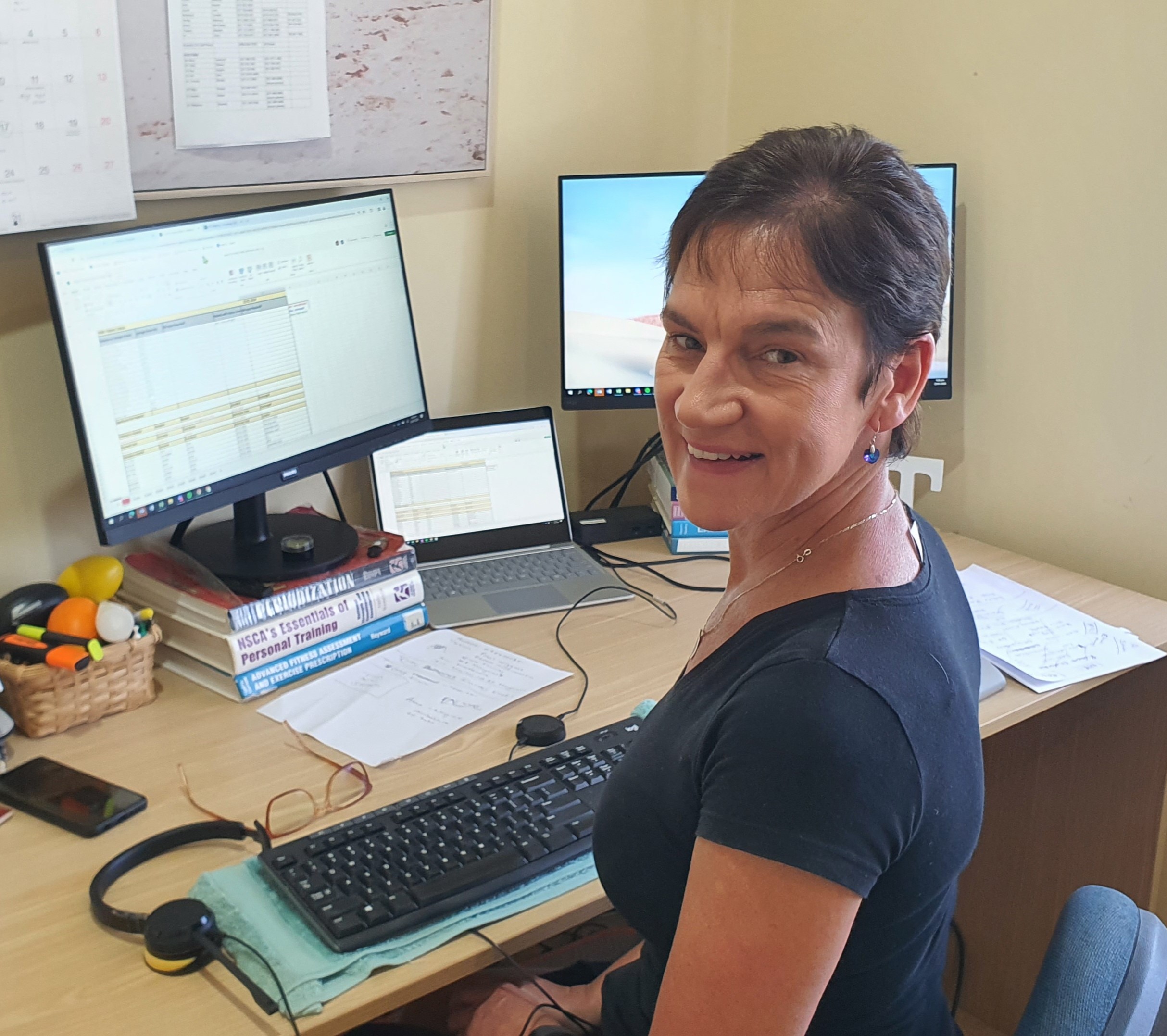
Tracey has many years of experience as a Registered Nurse and Clinical Nurse Specialist in hospitals, hospices and residential aged care facilities. Because she has moved with her family many times for different work opportunities, Tracey has worked not just in her native South Africa, but also in the United Arab Emirates, England, Egypt, Thailand, and of course New Zealand.
Her first experience with a hospice was a very small facility in a remote, rural area of South Africa. “It was very, very basic,” she says. “There was no doctor and only one nurse – a GP would visit once each week. I was given a truck and an old brick mobile phone and would have to go into the townships and load patients into the back of the truck.” It was here that Tracey discovered her love of hospice work and the vital community connection it provided. “Hospice is a reminder to me how precious and short life is. We all bustle through life – we get stressed and just don’t recognise how grateful we should be for a lot of things. When you meet a Hospice family, it brings you back down to earth. It humbles you and reminds you ‘this is life’ and that we should slow down and appreciate it.”
Tracey was initially living in Hamilton when she first began working for Hospice West Auckland, commuting up on a Monday and returning every Friday. Eventually she was appointed Clinical Coordinator, a role which is fully remote and suits her perfectly. She doesn’t feel at all isolated as she is constantly interacting with people all day.
“I’ve always wanted to be a nurse, ever since I was a little girl,” she says. “With Hospice, you really get to bond with your patients and families, and to me it feels so meaningful. You go on that journey with them, and it’s a privilege being brought into a family and sharing their experiences. It’s very personal, and a real honour that patients and families are giving you. The work that Hospice does has a lasting impact, both on us and on those we care for and support.”
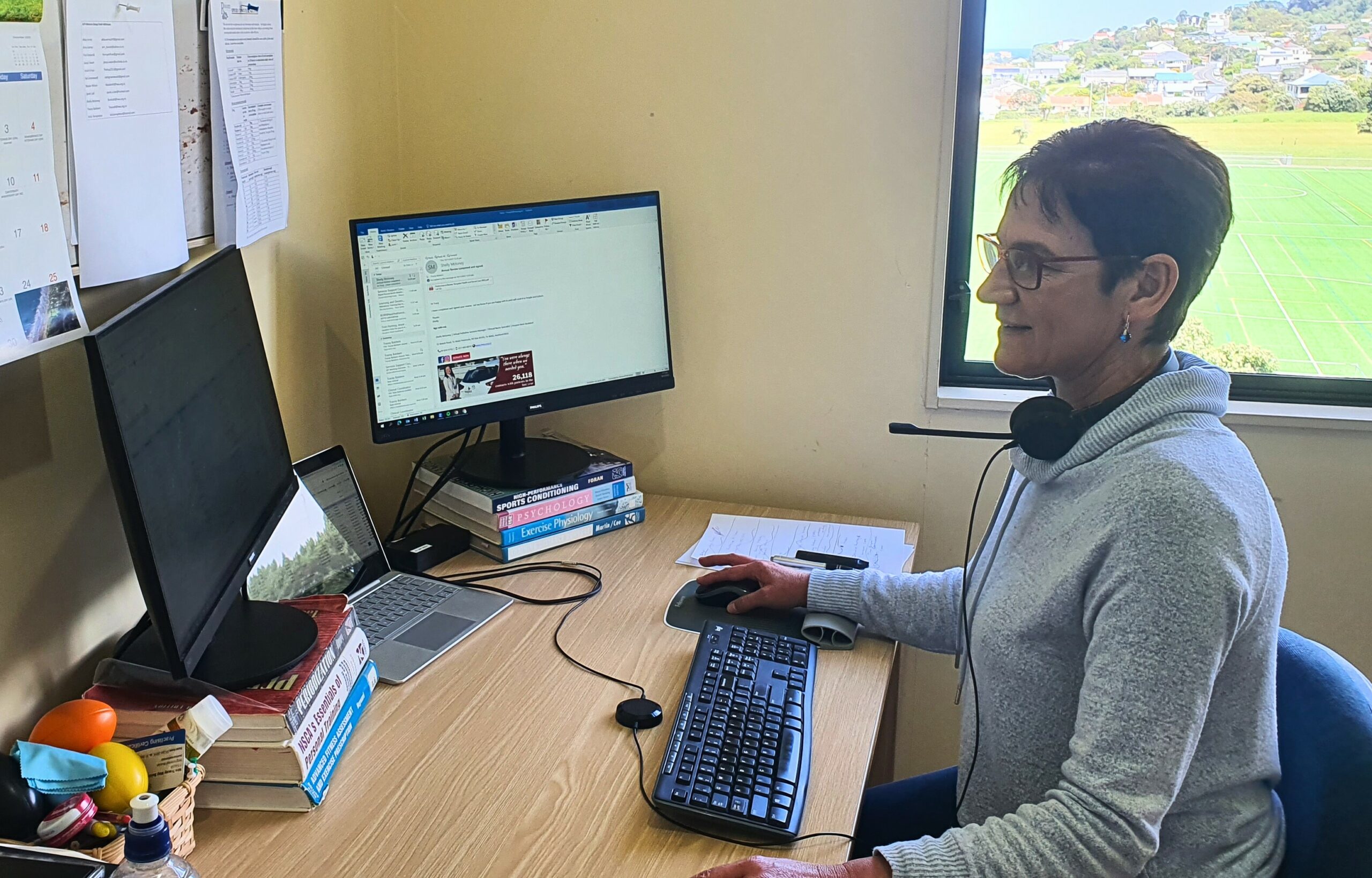
Tracey processes all of the new referrals that come into Hospice. This includes reviewing each case and making contact to acknowledge receipt of their referral, verify consent, and ascertain their current condition and whether they require immediate assistance. It’s also an opportunity to discuss why they have been referred to Hospice.
“When a person hears the word ‘Hospice’ it can be very scary,” Tracey says. “There’s this large misconception out in the community that Hospice is only about death and dying; that it’s the beginning of the end. I tell them that’s actually not the case and not what Hospice West Auckland is all about.” Tracey explains to new patients and families how Hospice is a wrap-around service providing specialist support, and that the aim is to help maintain quality of life. She finds that many times people are surprised and relieved to hear that, and feel much more reassured and confident about why they were referred. It’s also an ideal opportunity to field questions and alleviate any other concerns. The new referrals are then discussed at the Hospice team triage meeting and assigned to a team for a primary nurse to take the lead.
Clinical Coordinator is a busy role where “the phones never stop”, and coordinating 10 things at once is the norm. Tracey is also a member of the After-Hours team, working at least one shift per week through the night and/or weekends fielding after-hours phone calls. “It’s a very, very essential service,” explains Tracey. “For families to be able to pick up the phone when their loved one is in distress, or they’re not coping, or just want someone to talk to – it’s so important for us to provide that service. We listen and provide some sort of solution.” The After-Hours team can also arrange for one of Hospice’s on-call clinicians to visit if there is an urgent situation that cannot be resolved over the phone. The After-Hours service means that fewer patients need to present to hospital, saving them the trauma of calling an ambulance during the night and enduring lengthy hospital wait times when they are in pain or not feeling well.
And would Tracey recommend joining the Hospice West Auckland team? Absolutely! “Hospice West Auckland is a great team – we are like family,” she says. “We all have that common goal of providing specialist palliative care. The dedication and commitment from everyone is incredible. It’s a special organisation.”
